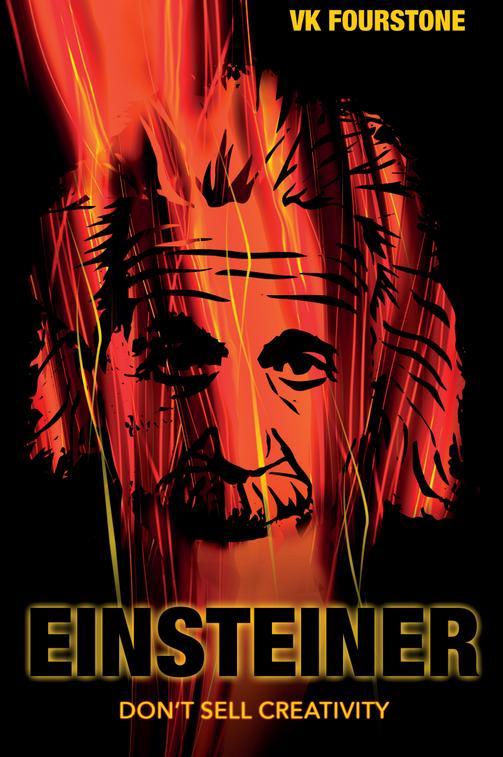Book review: Einsteiner by VK Fourstone
One man goes to war with Big Tech in this taut sci-fi thriller

Your support helps us to tell the story
From reproductive rights to climate change to Big Tech, The Independent is on the ground when the story is developing. Whether it's investigating the financials of Elon Musk's pro-Trump PAC or producing our latest documentary, 'The A Word', which shines a light on the American women fighting for reproductive rights, we know how important it is to parse out the facts from the messaging.
At such a critical moment in US history, we need reporters on the ground. Your donation allows us to keep sending journalists to speak to both sides of the story.
The Independent is trusted by Americans across the entire political spectrum. And unlike many other quality news outlets, we choose not to lock Americans out of our reporting and analysis with paywalls. We believe quality journalism should be available to everyone, paid for by those who can afford it.
Your support makes all the difference.Designer and novelist VK Fourstone offers an ominous vision of things to come in Einsteiner, a dystopian thriller in which tech companies threaten to take over not only the world but human consciousness as well.
Set in a near future where a mysterious corporation called Collective Mind has worked out how to harvest human creativity, it explores the sacrifices we make, sometimes unwittingly, to the tech firms that have come to dominate modern life. Creativity, you see, is a finite resource that, with the help of a powerful computer called the Einsteiner, can be downloaded and multiplied to solve the great problems of the age. Using creativity from thousands of willing donors, Collective Mind cures cancer and AIDs, halts global warming and provides healthcare for nearly the entire world.
But all this comes at a price. Those who sell their creativity - Fourstone calls them "Happies" - live out their days in a state of valueless contentment, never sad, but never achieving anything beyond the fulfilment of the most superficial human needs. Isaac Leroy, the book’s rebellious protagonist, breaks free from the monotony of his daily life as a bar tender and dares to challenge the tech conglomerates systematically turning mankind into an army of pliant automatons.
The parallels with our digitally-saturated lives are all too apparent. When gargantuan tech companies come bearing gifts, to what extent can we trust their good intentions? Google’s creepy company motto "Don't be evil" comes to mind, as does its sly infiltration into all corners of our lives. Fourstone ekes the moral out of his story without laboring the point, and maintains a galloping pace all the way to the final twist.
Join our commenting forum
Join thought-provoking conversations, follow other Independent readers and see their replies
Comments